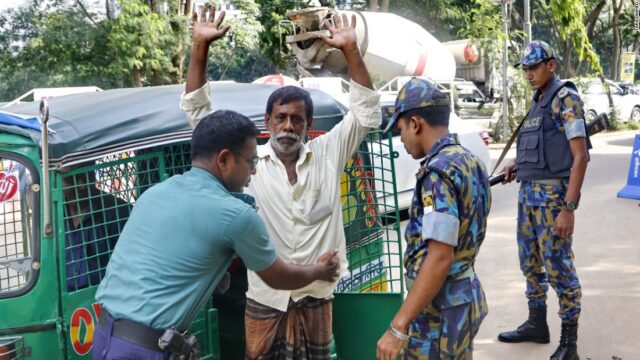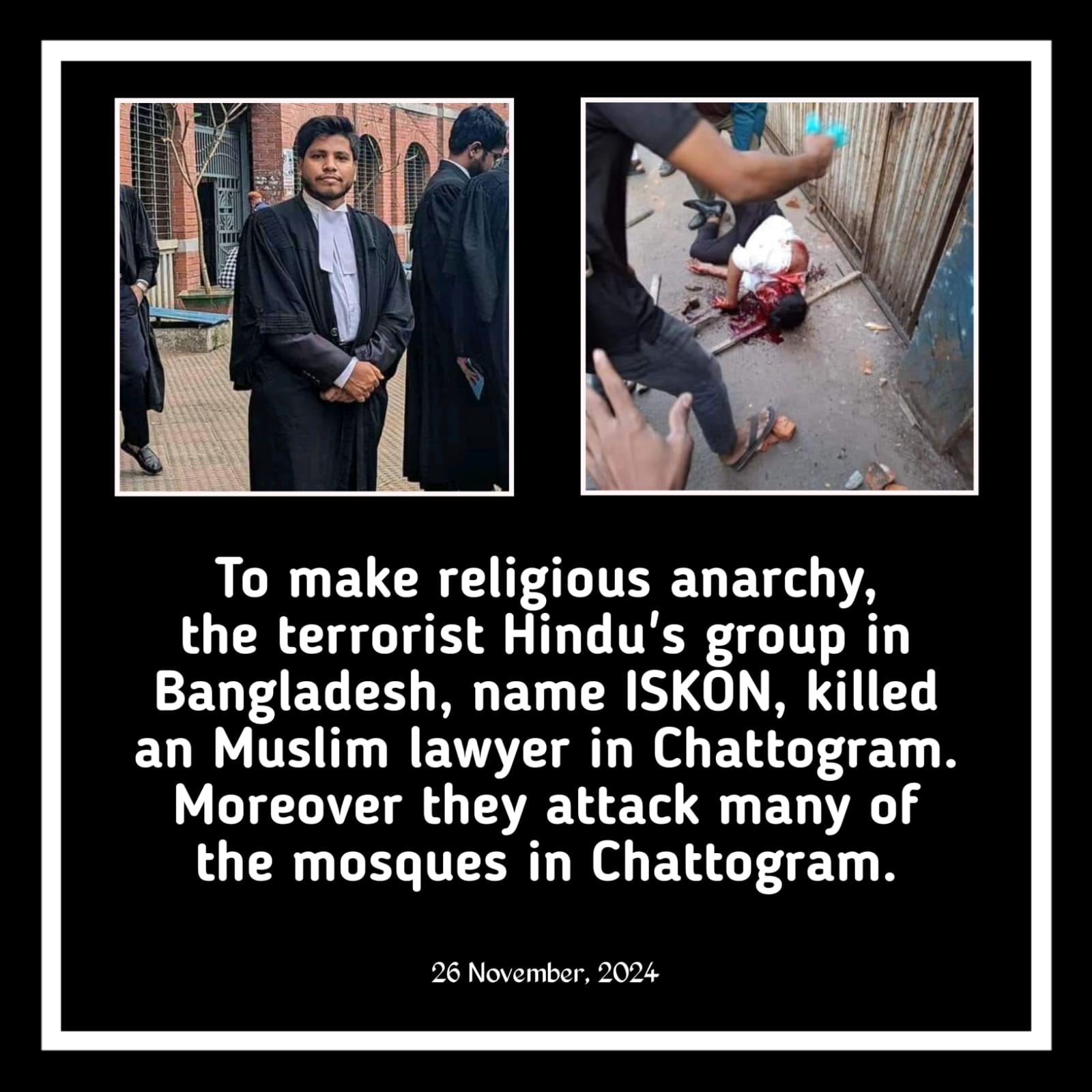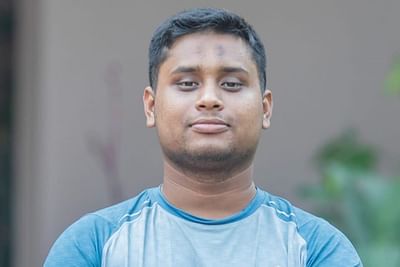More than 500 people, including some opposition leaders, have been arrested in Dhaka due to violence that has engulfed Bangladesh and resulted in the deaths of 163 people since students began protesting against civil service hiring rules, police reported on Monday.
The protests, which started as a demonstration against politicized admission quotas for coveted government jobs, have escalated into some of the most severe unrest during Prime Minister Sheikh Hasina’s tenure.
A curfew has been imposed, and soldiers are patrolling cities across the South Asian country. Additionally, a nationwide internet blackout since Thursday has drastically limited the flow of information to the outside world.
“At least 532 people have been arrested over the violence since the unrest began,” Dhaka Metropolitan Police spokesman Faruk Hossain told AFP. “They include some BNP leaders,” he added, referring to the opposition Bangladesh National Party.
On Sunday, Bangladesh’s top court reduced the hiring quotas for specific groups for government jobs, which are seen as secure and highly desirable. However, this decision did not satisfy university student leaders, whose protests against the quota scheme have led to nationwide clashes, killing 163 people, including several police officers, according to an AFP count of victims reported by police and hospitals.
A spokesman for Students Against Discrimination, the main group organizing the protests, told AFP, “We won’t call off our protests until the government issues an order reflecting our demands.”
Ali Riaz, a professor of politics and leading expert on Bangladesh at Illinois State University, described the violence as “the worst massacre by any regime since independence.” He added, “The atrocities committed in the past days show that the regime is entirely dependent on brute force and has no regard for the lives of the people. These indiscriminate killings cannot be washed away by a court ruling or a government announcement.” – AFP










